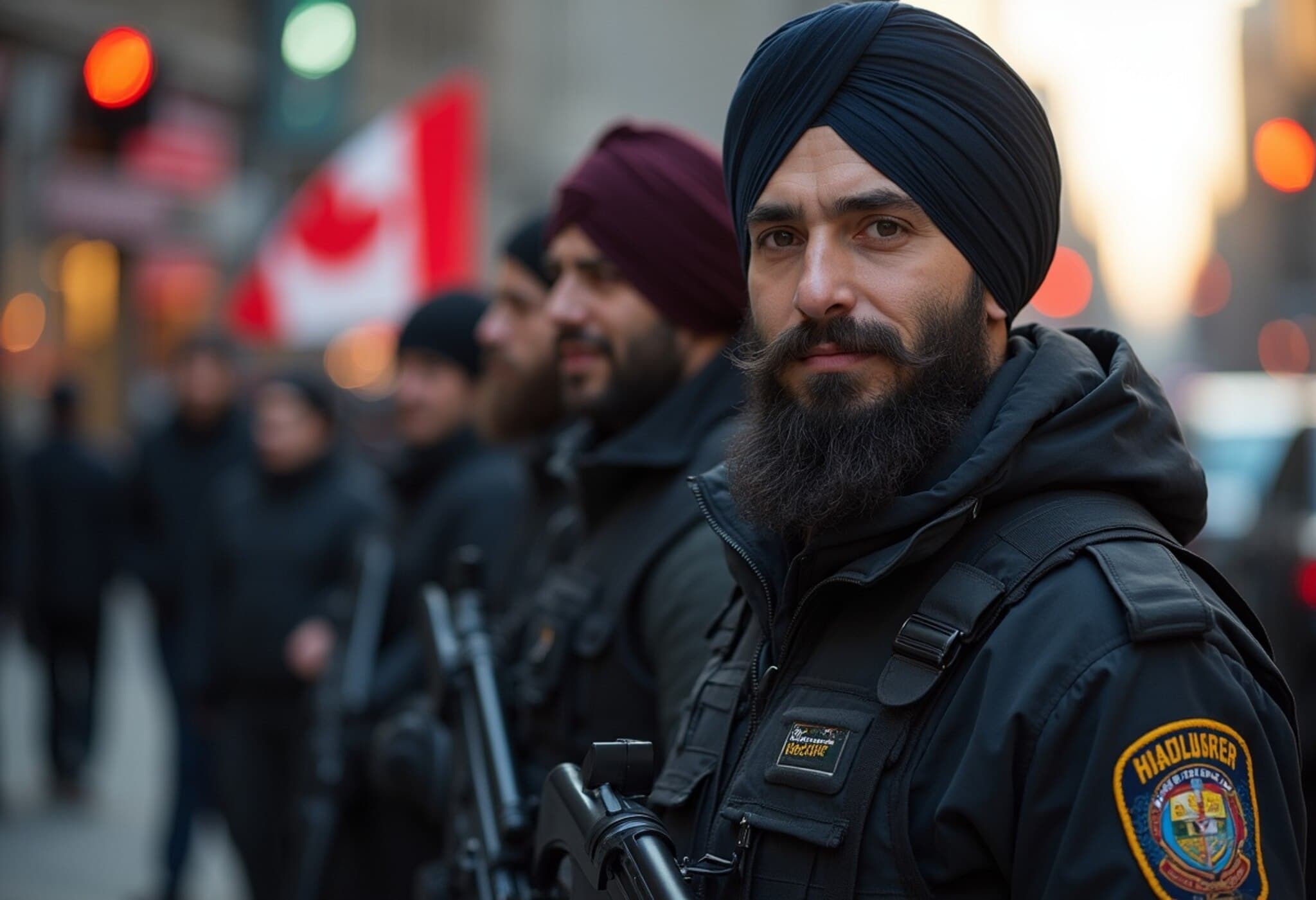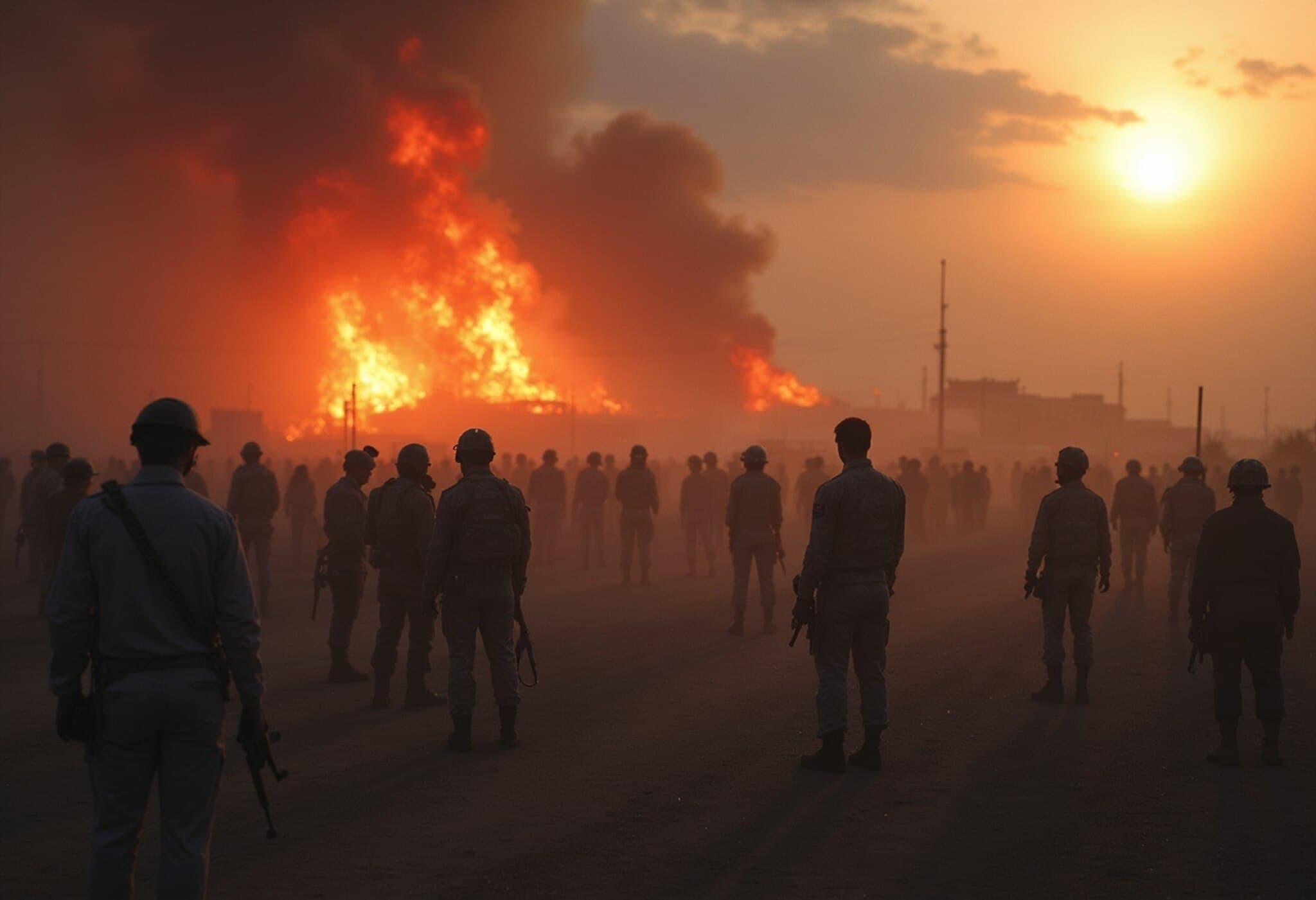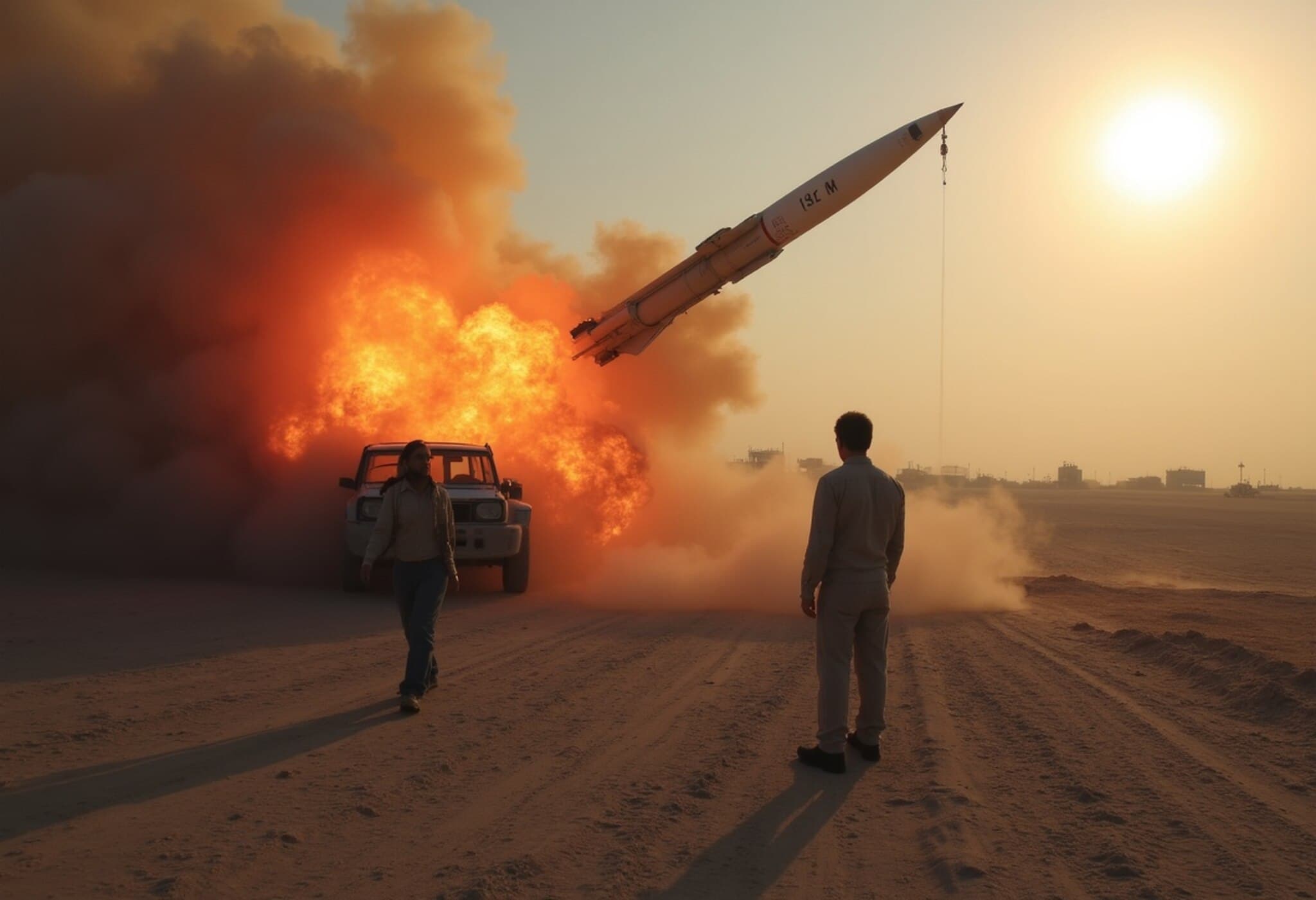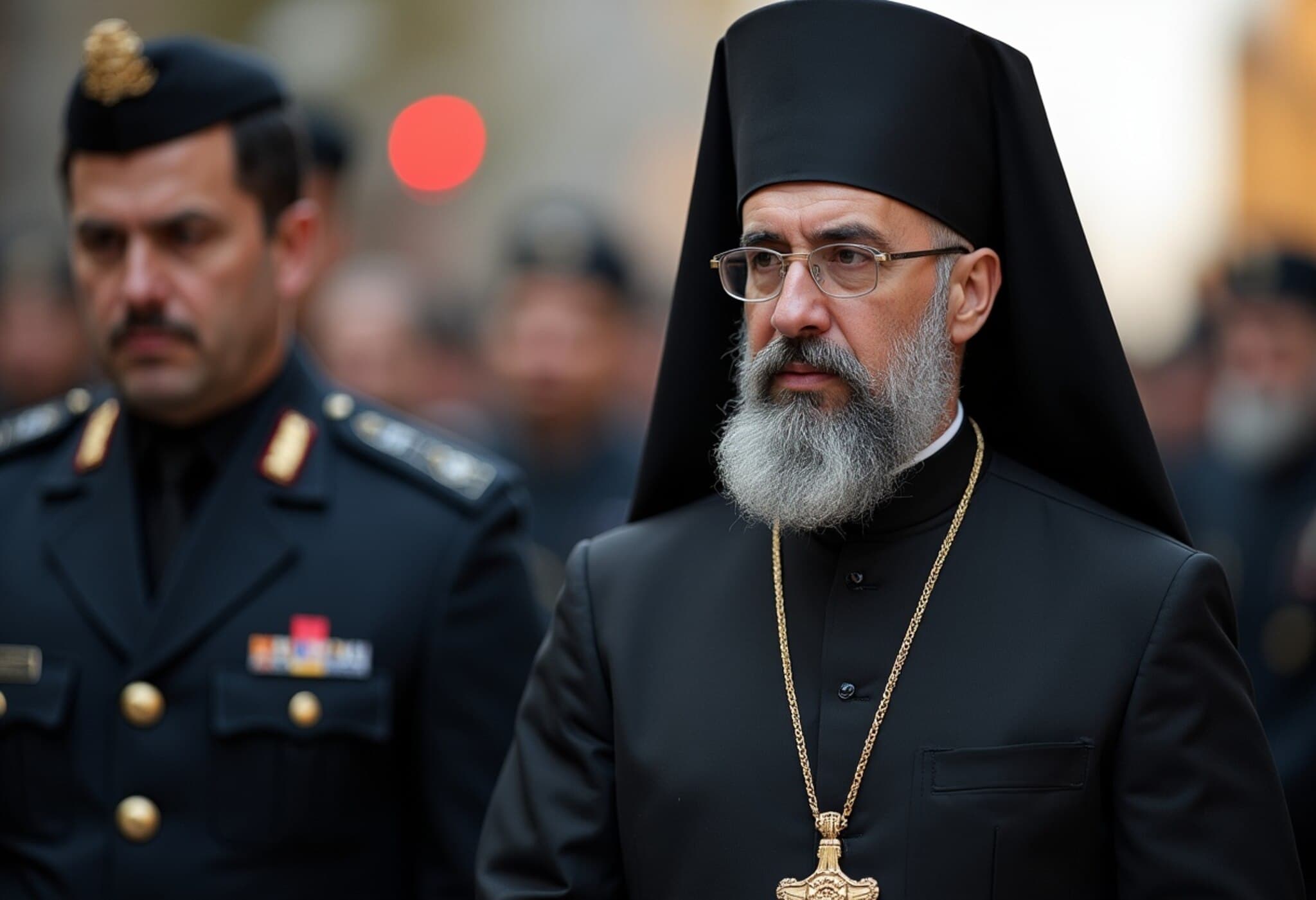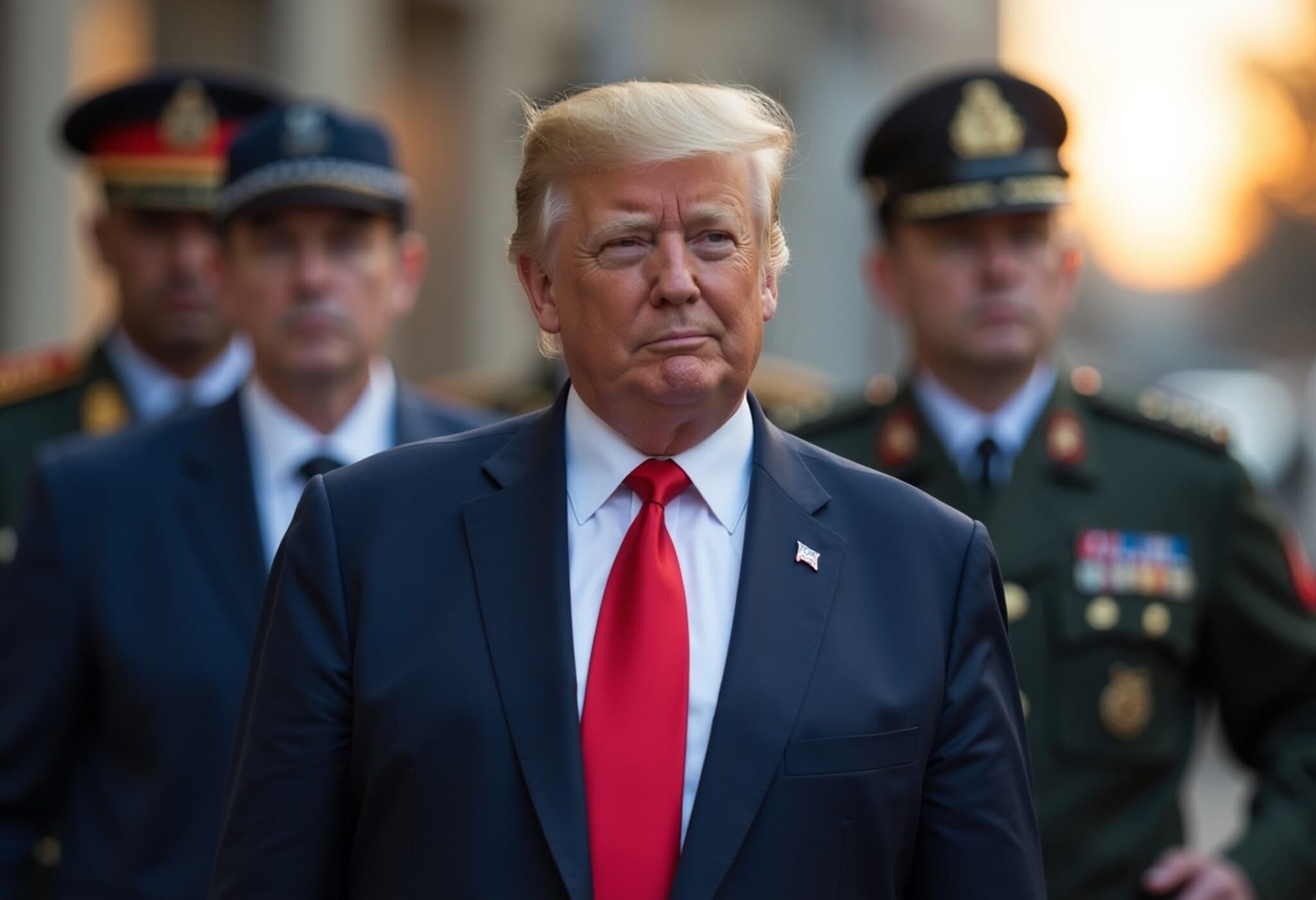Alberta Pushes Federal Government to Label Lawrence Bishnoi Gang as Terrorist Organization
In a decisive move signalling growing concern over transnational criminal activity, Alberta has become the second Canadian province to formally urge the federal government to designate the Lawrence Bishnoi gang as a terrorist entity. This collective push, following British Columbia's similar appeal, could mark a turning point in Canada-India cooperation on tackling organized crime and terrorism linked to the gang.
Provincial Authorities Take a Stand Against the Bishnoi Network
On July 15, 2025, Alberta Premier Danielle Smith and Public Safety Minister Mike Ellis issued a joint statement highlighting the urgent need to confront the Lawrence Bishnoi gang’s violent operations. The statement painted the gang as a transnational criminal network engaged in extortion, targeted killings, and drug trafficking, with activities extending well beyond Canadian borders.
"Gang activity knows no boundaries and respects no borders," the statement noted, emphasizing Alberta's commitment to safeguarding its communities. The designation of the gang under Canada’s terrorism laws would unlock greater investigative tools and legal measures — enhancing provincial and municipal law enforcement’s capacity to disrupt the network's influence.
Following British Columbia’s Lead
This move comes just weeks after British Columbia Premier David Eby urged Ottawa to take similar action. The coordinated provincial calls underscore a growing recognition among Canadian authorities that traditional criminal justice approaches are insufficient to tackle the evolving threats posed by groups like the Bishnoi gang.
Implications for Indo-Canadian Relations and Law Enforcement
India has long lobbied Canada to crack down on figures such as Goldy Brar, a reputed leader within the Bishnoi network who is wanted in India for the high-profile assassination of singer Sidhu Moosewala. Indian officials assert that many gang members operate from within Canadian soil, complicating diplomatic and legal efforts.
Should the federal government formally grant the Bishnoi gang terrorist designation, it would open doors for enhanced bilateral cooperation:
- Streamlined extradition processes: Facilitating the transfer of suspects like Goldy Brar back to India.
- Improved intelligence sharing: Deepening collaboration between Indian and Canadian law enforcement agencies.
- Mutual legal assistance: Expanding cross-border investigations and prosecutions.
Expert Insights: Why This Matters Beyond Borders
Professor Anjali Singh, a specialist in international criminal law, notes, "Designating gangs like the Bishnoi network as terrorist organizations recognizes the evolving nature of threats—criminal enterprises are increasingly hybridizing with ideological violence, destabilizing communities globally. For Canada, with its multicultural fabric and diasporic links, robust legal frameworks are essential to protect public safety while respecting civil liberties."
Moreover, this development highlights critical questions about balancing immigration policies, law enforcement resources, and community relations amid rising concerns over gang violence in diaspora communities. The move also reflects Canada's strategic emphasis on counter-terrorism measures that respond to the globalized realities of crime and violence.
What Comes Next?
While the provinces' appeals carry weight, the ultimate decision rests with Ottawa’s Public Safety Canada ministry. The federal assessment will likely involve consultations with intelligence agencies, justice experts, and international partners.
In the meantime, Canadians are watching closely as this designation could reshape the country's approach to managing organized crime linked to foreign terrorist actors. Alberta’s firm stance sends a clear message that unlawful violence—no matter its origin—will face decisive action.
Editor’s Note
The push by Alberta and British Columbia to classify the Lawrence Bishnoi gang as a terrorist organization reflects a shift in how Canada addresses complex transnational threats. Beyond legal consequences, this move spotlights the challenges diasporic communities face when criminal elements exploit cross-border networks. Will this lead to more effective cooperation with India? How will Canadian policymakers balance security with protecting community rights? As the federal government deliberates, these questions remain critical for both national security and social cohesion.

